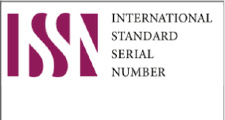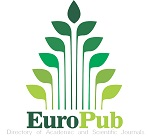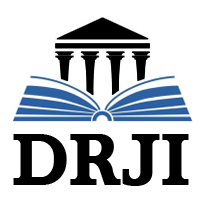Infertility Discourse in Qur'an and Hadith: A Textual Study
Keywords:
Hadith Analysis, Infertility, Islamic Bioethics, Reproductive Ethics, Qur'anic ExegesisAbstract
Infertility, defined as the inability to conceive after twelve months of regular unprotected intercourse, represents a significant medical, social, and spiritual challenge for millions worldwide. Within Islamic contexts, understanding of infertility is substantially shaped by religious teachings derived from foundational texts. This study conducts a systematic textual analysis of infertility discourse in the Qur'an and authenticated Hadith collections to identify key theological frameworks, narrative patterns, and ethical principles. Through close examination of relevant verses and prophetic traditions, the research identifies five principal textual themes: divine sovereignty over reproduction, prophetic narratives of miraculous conception, spiritual dimensions of reproductive challenges, permissibility of medical intervention, and alternative pathways to family formation. The analysis reveals that Islamic sacred texts present a nuanced approach that simultaneously acknowledges the biological realities of infertility while positioning it within broader spiritual frameworks of divine wisdom and decree. The Qur'anic narratives of prophetic figures who experienced reproductive challenges—particularly Ibrahim and Zakariyya—establish theological paradigms that integrate medical understanding with spiritual meaning-making. Additionally, Hadith literature provides practical guidance regarding medical treatment, community support, and alternative expressions of nurturing relationships. These textual findings have significant implications for contemporary Muslim approaches to assisted reproductive technologies, psychosocial support systems, and bioethical deliberations. By elucidating these textual foundations, this study contributes valuable insights for healthcare practitioners, religious scholars, and Muslim communities navigating the complex intersection of faith and reproductive health.























